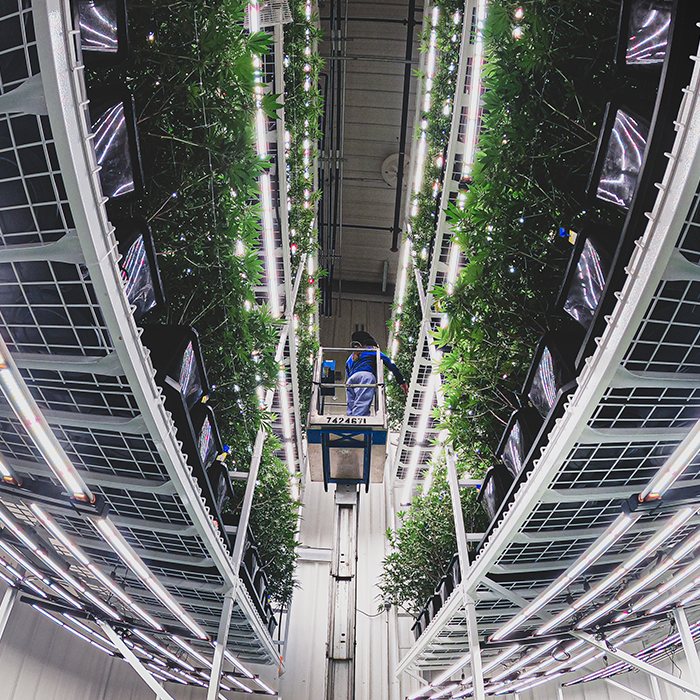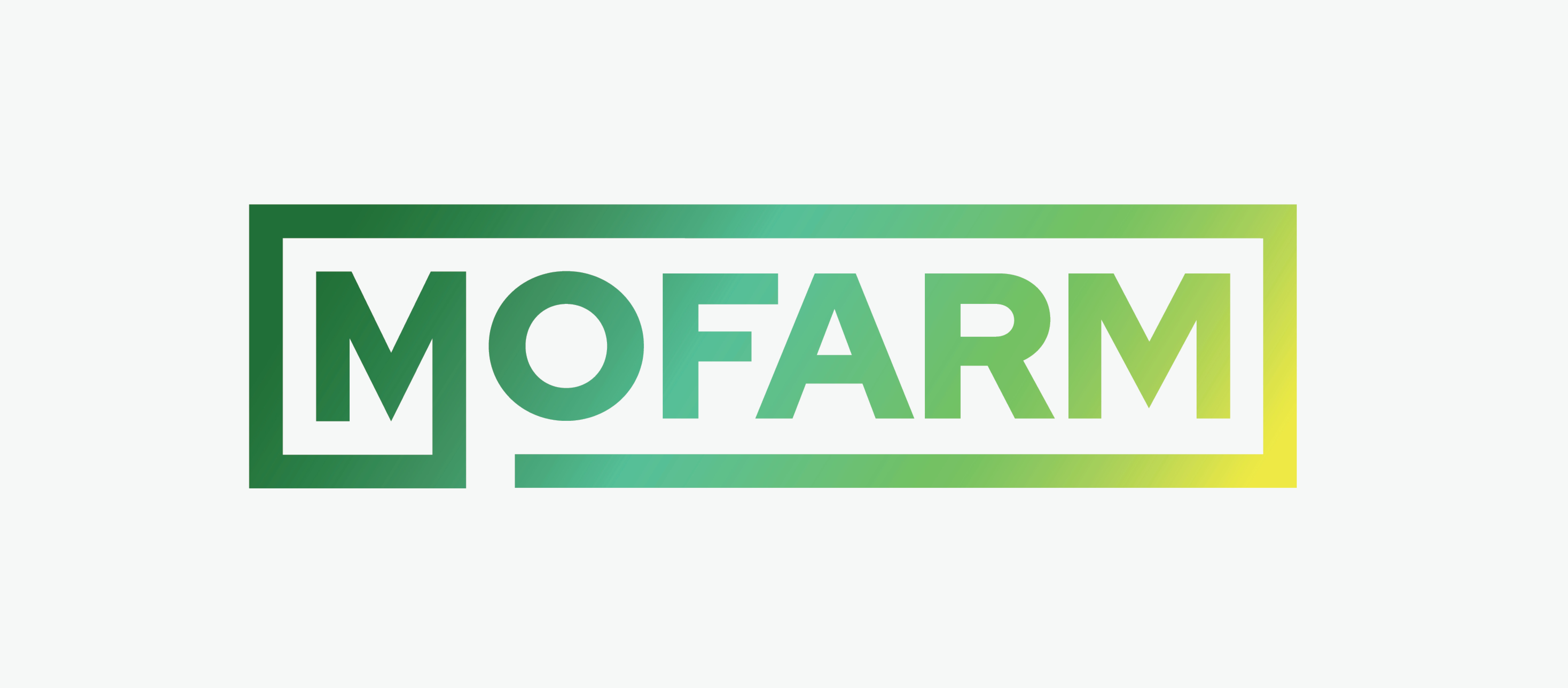Montel Talks Vertical Farming: 5 Questions Leaders Are Asking and Answers We Provide
Insights on vertical farming - October 9th 2025

In conversations with clients and partners — from Quebec to California to Portugal — the same core questions come up again and again. Not just about equipment, but about the future of vertical farming, operational strategy, and long-term sustainability.
Here are five of the most important questions we hear from the field — and the insights we share with vertical farming leaders every day.
Q1: What are the pillars of a successful vertical farming operation?
The most resilient operations balance sustainability, innovation, quality control, community engagement, and financial viability. This means optimizing inputs like energy, water, and labor, embracing automation where it increases precision, maintaining consistent quality standards, and building strong market relationships — all while keeping a close eye on margins and scalability.
Q2: How can vertical farms stay financially viable in a competitive market?
Diversification is key — from direct-to-consumer models and subscription services to restaurant partnerships and specialty crop contracts. Equally important is rigorous cost tracking: understanding the true cost per gram or per unit of produce, and identifying where process improvements can reduce waste and labor without sacrificing quality.
Q3: What role does innovation play in operational growth?
Innovation isn’t just about new tools — it’s about how you integrate them. Whether it’s smart lighting, climate control systems, or AI-driven monitoring, the goal is to collect and apply data that allows for real-time, precision adjustments. The most successful vertical farms are those that align technology adoption with a clear business strategy.
Q4: How can growers strengthen their connection to the community?
Vertical farming has a compelling story to tell: fresh, local, sustainable. Leaders who engage their communities through educational programs, food security initiatives, and even on-site tours can build trust and visibility. This in turn strengthens the brand, improves local support, and opens the door to partnerships beyond retail or grocery.
Q5: Where should new vertical farming projects start?
It begins with a comprehensive operational plan — not with the crops or racking. That means market analysis, energy and water usage projections, infrastructure needs, labor modeling, and future scalability. Only then should you design your facility and select systems that can support your goals now and evolve over time — without sacrificing efficiency or profitability.
From Concept to Execution — Montel Can Help
Whether you’re expanding an established vertical farm or designing your first project from scratch, success depends on building adaptable infrastructure backed by real insight. At Montel, we help growers plan, configure, and optimize high-density vertical farming systems that align with their performance goals.
Call us at 1‑877‑935‑0236 to speak with a specialist about your vertical farm.





